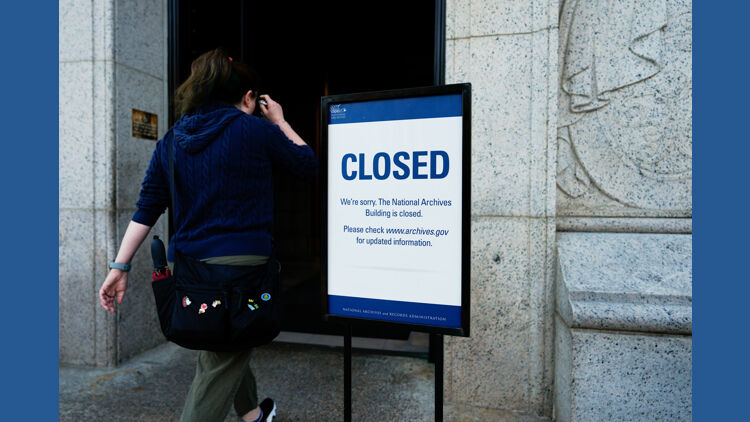Colorado Senate passes union-backed bill amid objections from business community
The Colorado Senate on Tuesday passed a proposal to eliminate a key requirement before a labor group can negotiate with a company to impose dues on non-union members.
The fate of Senate Bill 005, which senators sent to the House following a 22-12 party-line vote, remains uncertain.
Notably, the unions behind the legislation and the business community, which opposes it, have yet to find a compromise, and Gov. Jared Polis has repeatedly said he won’t sign any legislation that makes major changes to the current bargaining laws without the buy-in of both sides.
Under the current 80-year-old law, an election must take place to form a union. That election just needs a simple majority to pass. The second election, which allows for the establishment of a “union security” agreement at a unionized workplace, requires a higher threshold of 75% to pass.
Assuming that second election meets that vote threshold, the union can then negotiate with the company to impose a fee on non-union workers.
SB 005 repeals that requirement for a second election outlined in the law called the Colorado Labor Peace Act.
While unions have rallied behind the bill — sponsored by Majority Leader Robert Rodriguez, D-Denver, Sen. Jessie Danielson, D-Wheat Ridge, and Denver Democratic Reps. Jennifer Bacon and Javier Mabrey — it faced scrutiny from the state’s business community.
Colorado Chamber of Commerce President and CEO Loren Furman said the two sides failed to reach a consensus after weeks of discussion.
“Unfortunately, our coalition’s reasonable proposals were rejected, and we will continue to oppose the bill as written to preserve Colorado’s economic competitiveness and protect worker paychecks,” Furman said.
The unions, which argued that a strong organized labor movement is ultimately good for Colorado’s economy, praised the bill’s passage.
Justice Wilson, a medical assistant with Kaiser Permanente, said working at a job with a strong union has saved her family.
“Starting a job with a strong union meant my family stopped receiving eviction threats because I was finally able to pay all my bills at the end of each month. Union-negotiated fair pay allows me to spend more time with my three kids and union health insurance provides access to care and services that allow us to thrive,” she said.
Rodriguez disagreed with the characterization of the Labor Peace Act as a “great compromise” between unions and businesses, arguing it prioritizes employers over workers by imposing an unnecessary barrier to unionization.
Danielson said they’re pushing the bill because sponsors heard from workers around the state that the second election is hampering their unionization efforts and leading to employer intimidation and retaliation.
“Is Colorado gonna stand up for working people, or not?” she said.
Only 7.7% of workers in Colorado are union members. At its peak, union membership reached 11% in 2018. It dipped to 6.5% in 2021. Nationwide, 9.9% of workers are unionized.
Danielson also called the Labor Peace Act a “union busting” tactic and characterized the second election as a unique way of the government “pressing its heavy hand” into an area it has no business being involved in.
That argument — a “heavy handed” government intervening into areas it shouldn’t — is often raised on by Republicans, who often say the business community is saddled with regulation.
Senate Minority Leader Paul Lundeen, R-Monument, argued against dismantling the Labor Peace Act, saying it has provided “balance, fairness and economic stability” in Colorado for more than 80 years.
If the bill passes, all employees in a unionized workplace would be required to pay union “representation” fees, regardless of whether they are members of the union, he said.
“That’s not democracy. That’s coercion,” said Lundeen.
Lundeen argued that the bill would negatively affect Colorado’s small businesses and dissuade companies from moving to the state.
“SB 005 is being sold as a pro-worker bill, but let’s be clear, it’s an anti-worker freedom bill,” he said.
Sen. Lisa Frizell, R-Castle Rock, echoed that argument. She said the Labor Peace Act keeps Colorado competitive, and without it, businesses may choose to relocate to nearby states, such as Texas and Arizona.
She said the bill “puts handcuffs on workers and businesses alike.”
While supporters of the Worker Protection Act say unions are essential to ensuring safe workplaces, Frizell said that isn’t true, as federal agencies, such as Occupational Safety and Health Administration, already exist to protect workers’ safety.











